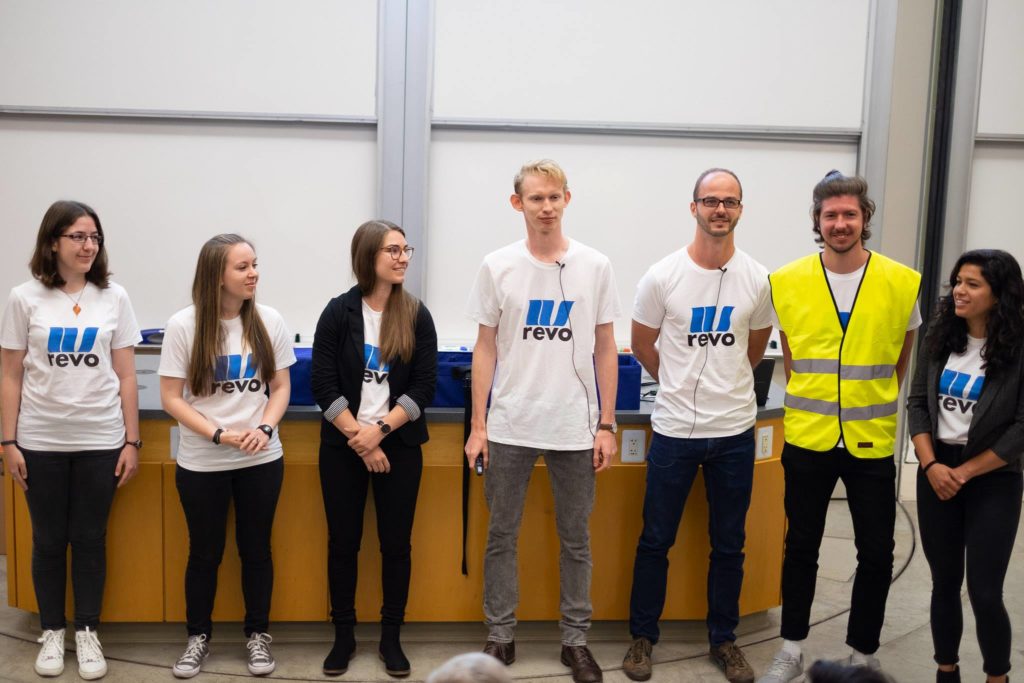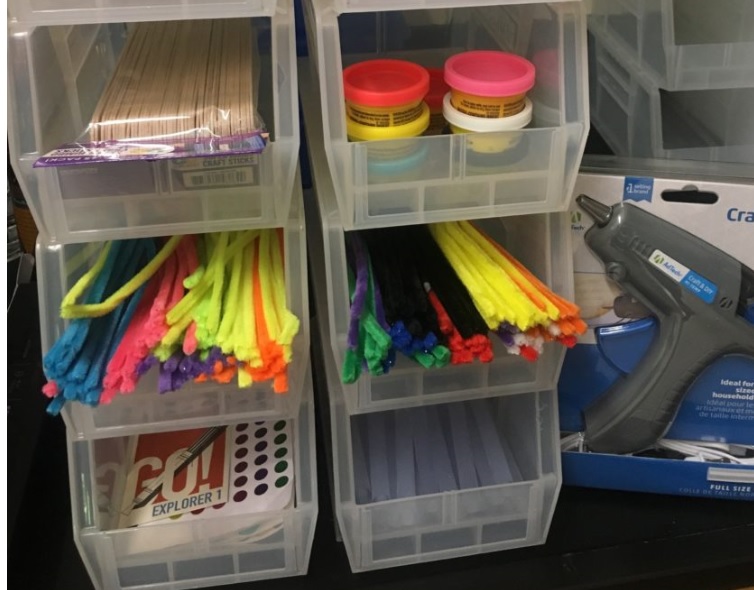Future of Learning and Education
Contemporary challenges, global and local, signal a need to develop skills in flexible and adaptive learning, for communities and corporations as well as individuals. There is widespread agreement that a mindset of lifelong learning will involve less an emphasis on bodies of knowledge than hands-on know-how. Education institutions like schools and universities are already adopting major changes towards more hybrid learning systems, integrating flexible and differentiated learning modes, online, class-based, instructional and experiential. Every smart corporation is realizing that their business is learning, whatever their product or service, and that a CLO (Chief Learning Officer) is as vital as a CEO.
Here the JANUS Initiative embraces a long commitment at Stanford and in many of our education institutions to project-based learning, acquiring transferable skills in communicating, researching, building, sharing, collaborating, through running projects in classroom, studio, or internship. Learning and training “on the job” is becoming more and more sophisticated with cross-fertilization of modes of learning between corporations and educational institutions.
In accordance with the mission and vision of JANUS, we ground these developments in a long-term perspective and sensitivity to precedents. Design Thinking, for example, as a pragmatics for running research-based and challenge-led projects, is nothing new. We will do well to realize that there is a long and rich history to the skills and mindsets that we might mobilize to address current concerns with creativity and innovation.
Read more:
Future of Learning at archaeolog.stanford.edu [Link]
Foresight and Innovation at Stanford – [Link]






